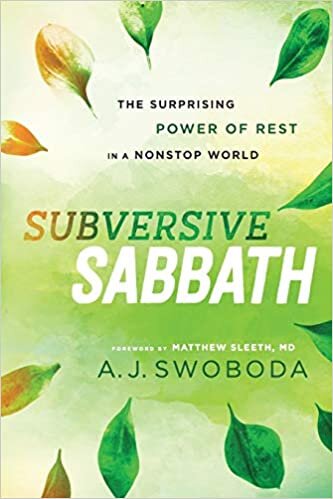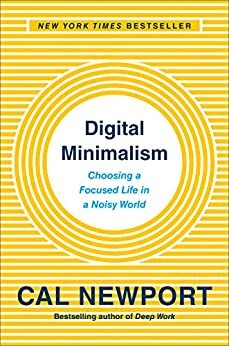Sabbath is the practice of intentionally stopping from your work to spend a day resting and enjoying God and His gifts...
This goes all the way back to Genesis 2:1-3, that once God created the universe and everything in it - it says: “he rested on the seventh day from all his work that he had done so God blessed the seventh day and made it holy”
It should be noted that God didn’t “rest” because He was exhausted and needed to sleep-in. Rather, “rest” in this sense means stepping back and delighting in the beauty of everything that was made.
And God says this same sort of stopping and stepping back to delight one day a week is so woven into creation, that He actually says in the Ten Commandments that His people are invited to do the same. Which says something pretty insightful about the human experience: that as Image Bearers of God, part of what it means to be human is to set aside time and rest in the same way God rested.
For God’s people, Sabbath became a reminder that they’re identity is not bound up in their productivity or what they accomplish - their identity first and foremost is that they are saved by grace based on nothing that they do.
So to begin the practice, look at your calendar and set a time each week where you can stop from all productivity. If you have a traditional Monday-Friday work schedule, then plan out when during your weekend you can come to a full stop for 24 hours - perhaps Saturday evening to Sunday evening. This will likely mean putting away unnecessary devices, disabling work-related apps, and hustling a little more during your work week to make sure all your tasks are done.
Once you come to that hard stop, Sabbath consists of three categories: upward rest, outward rest, and inward rest.
So upward rest asks “What Godward activities should you include in your Sabbath?” That should look like, at bare minimum spending time with Jesus, whether that looks like an extended time in Scripture and prayer, or journaling, or reading a devotional book that stirs your heart towards loving Jesus. Maybe it looks like listening to worship music or going for a prayer walk around your neighborhood.
Outward rest asks - “who can you include in your Sabbath activities?” Some tangible ideas could be things like sharing a meal with good friends, or spending time outdoors with your church family. Maybe it looks like hosting a slow, no agenda potluck with friends and neighbors. If you’re a parent this means including your kids in your Sabbath, and narrating to them why you’re doing what you’re doing - and making family Sabbath something they look forward to each week.
At bare minimum for followers of Jesus, the main way God’s people have combined both upward and outward rest is through Gathering weekly together as part of their Sabbath. So as you prepare for Sabbath, you should orient those 24 hours around Gathering with His people - whether that looks like kicking off your Sabbath or concluding your Sabbath by participating in weekly worship.
And finally Inward rest asks “what are restorative activities to include?” If your normal work week consists of sitting down a lot staring at a screen, restorative activities probably look like being on your feet or working with your hands. Or if you are on your feet a lot during the week, maybe it looks like taking a long nap or slowing down and reading a book purely for the fun of it - whatever is restful for you.
And just like learning a skill, so this practice is one that is to be cultivated. If you’re a parent or a full-time student, this will require some figuring out, and that’s ok. You’re expected to be a rookie when you’re starting out. Bring others in to help you strategize how to Sabbath well.
Because the more we do this, and assess how our Sabbath went, and plan for the next Sabbath, the better we can get at it. The more rest you can experience. The more delight is in store for you. And in the process, the more you can experience Jesus’ grace for you.
Related Following Jesus Together Resources
Planning Your Sabbath worksheet
Ways to Manage Your Screentime (How to Digitally Detox)
Making the Most of Your Time (How to Use a Time Audit)
Other Resources




